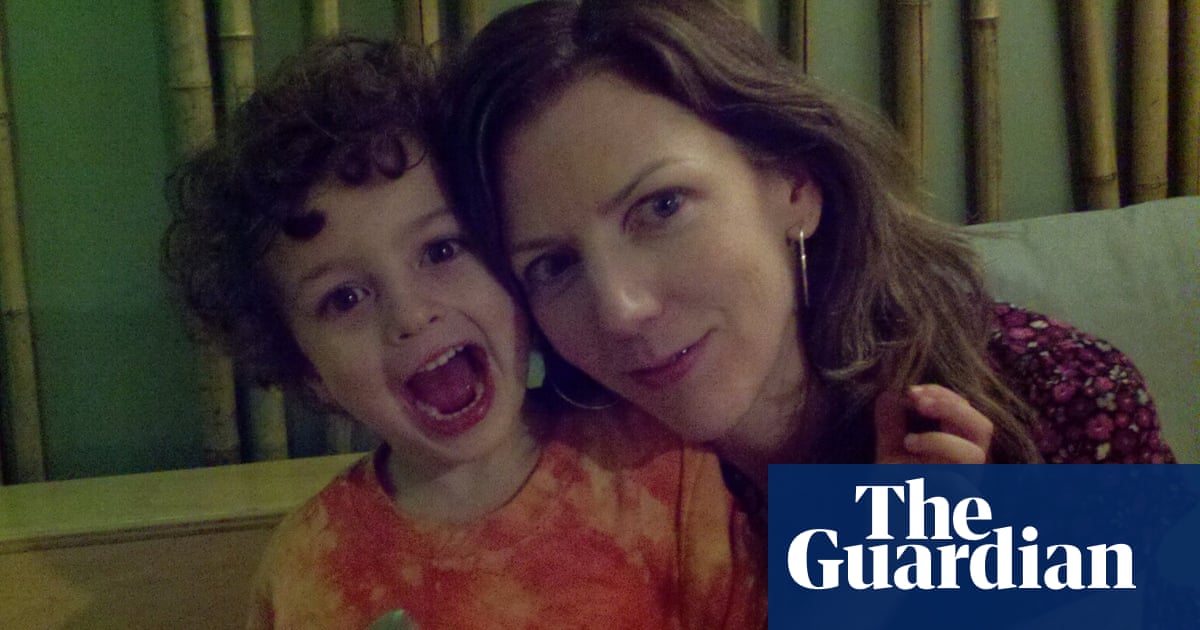
About 10 months ago my 27-year-old daughter came out as gay. This was a surprise as she had previously only dated men but we have adjusted to the change and fully support her lifestyle choice as long as she is happy. She has a girlfriend who we have met many times and they have a close relationship.
My daughter’s friends and family are all aware of her new relationship – but she has not told her elderly grandmother (my mother) as we are all concerned about her reaction . My mother comes from a very bigoted family and although she does try to “move with the times”, I do fear that hearing the news about my daughter will stress her so much that it will affect her health.
My daughter sees my mother regularly and hates that she has to hide the fact that she has a girlfriend. Naturally she wants to be completely honest about her life with her grandmother. My daughter and I have discussed how to approach the subject with her but just can’t see a way to tell her the truth without hurting her.
When we fear someone’s reaction the reality is rarely as bad as we fear, nor as good as we hoped. This is in part because we rarely factor in the shock the other person might feel. Something you’ve known for a while, and your daughter for longer – that she’s gay – may very well be a total surprise to your mother. Or, maybe not. But I always advise those in your position to prepare for a reaction that may be “surface” and for that reaction to change later on.
I went to UKCP registered psychotherapist Martin Weaver who pointed out that, like so many choices in life, “This is about risk and every option comes with its own cost. Not telling grandmother means keeping a secret, and withholding it from her risks damaging an honest and open relationship.”
But your mum may surprise you. Bigotry has its roots in fear and sometimes that fear can lead to self discovery. I’ve heard improbable tales of grandchildren coming out to their grandparents who then confess that they too had a “dalliance”. But back in their day it was illegal (or even impossible).
I’ve heard improbable tales of grandchildren coming out to their grandparents who then confess that they too had a ‘dalliance’
“Also remember,” Weaver said, “that often people hold particular negative beliefs when focusing on people they don’t know, but when confronted with a person they already know and presumably love, these views can be re-assessed more positively.”
It’s why sometimes people are racist or homophobic – but not about their nextdoor neighbour.
Your daughter could start with bringing her girlfriend to family events and not actively say anything, but not lying either, and see what happens. Maybe it doesn’t have to be a big reveal.
Or your daughter could sit down and expressly tell her, saying something like “ I’ve always valued our relationship and I’d like to share some news with you, I’ve fallen in love.” And take it from there. Or she could just say “I’m gay”. Only you guys know the directness of the approach needed or if this is best done one to one or with allies around.
I realise you’re worried about your mother’s health but she’s a very healthy age (you’ve asked me not to reveal it) and as Weaver says “her health is her responsibility and at her age she’s earned the right to be trusted with it.” Weaver also asked you to think about this: “How will you all feel the day after grandmother dies and this truth has not been disclosed?”
I asked Weaver what happens if the response isn’t as positive as you might like. “Give her time. She very probably won’t be prepared for the news. Don’t argue, just say something like ‘well if that’s the way you feel, I’m very sorry about that but let’s come back and talk more about it another time’.”
Remember, says Weaver: “If your mum reacts in a vitriolic way, she’s talking about herself, not her granddaughter. We react this way when we see in other people something we won’t recognise in ourselves. Your mother may need a period of adjustment to this news – that may take hours or weeks or even longer.”
While I hear you about wanting to protect your mum, it’s also evident you are protective about your daughter, and that’s entirely right. She is an adult but in front of you and her grandmother she may still feel like a vulnerable child and be seeking approval so put her first here and continue to surround her with love.
Every week, Annalisa Barbieri addresses a personal problem sent in by a reader. If you would like advice from Annalisa, please send your problem to ask.annalisa@theguardian.com. Annalisa regrets she cannot enter into personal correspondence. Submissions are subject to our terms and conditions.
Comments on this piece are premoderated to ensure the discussion remains on the topics raised by the article. Please be aware that there may be a short delay in comments appearing on the site.












